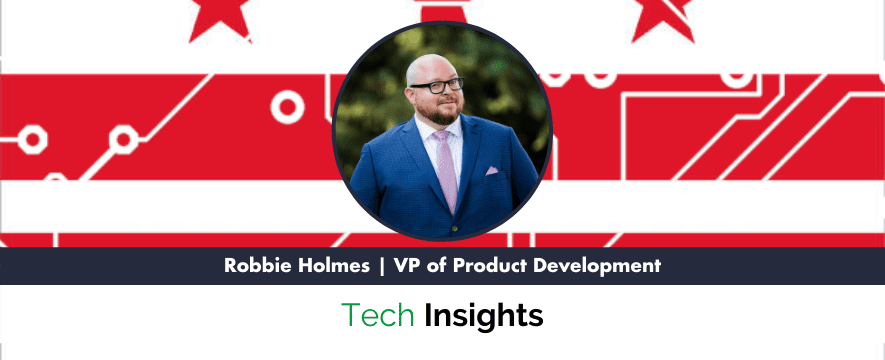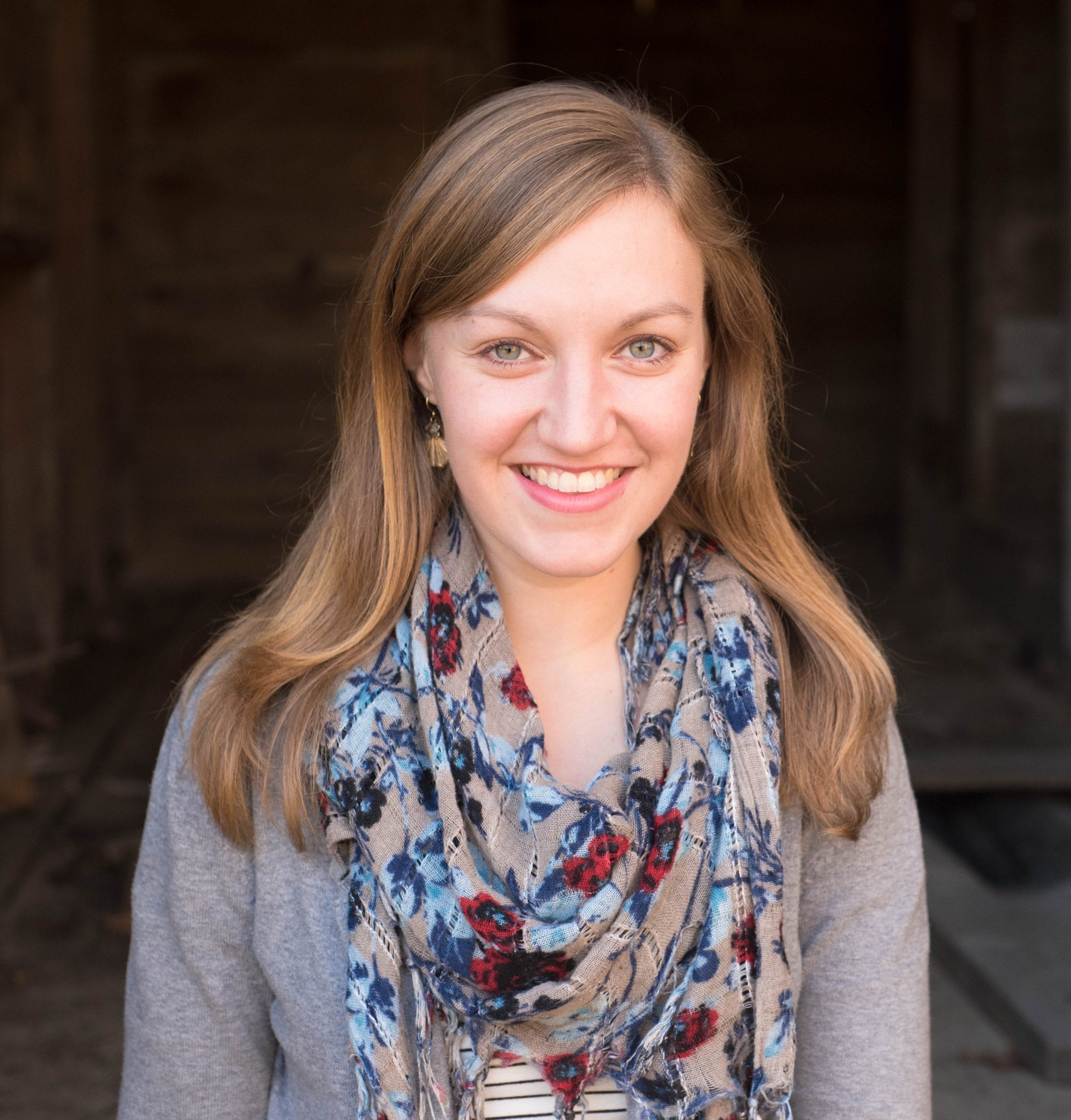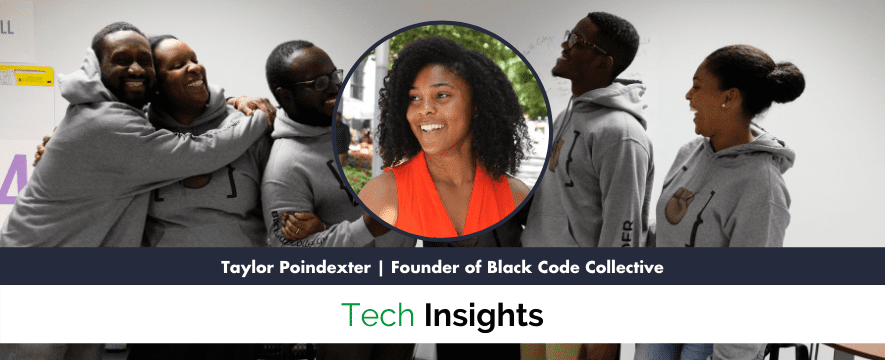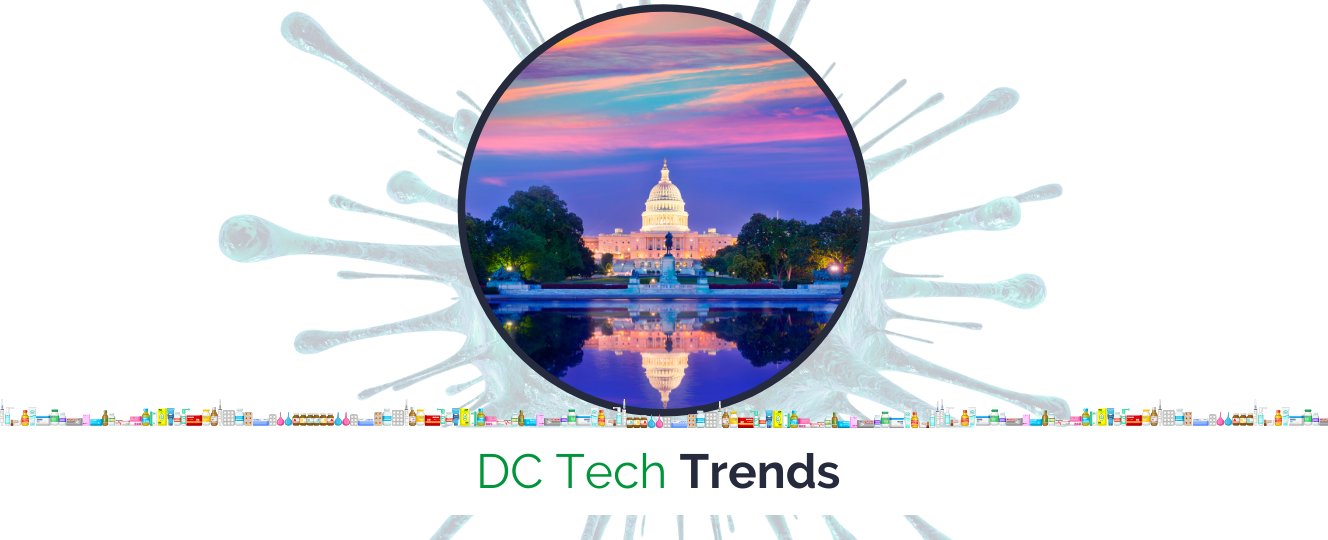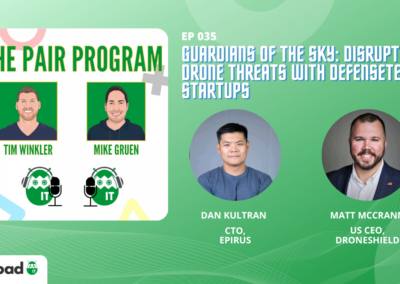The DC, Maryland, Virginia metro area (DMV) is a unique ecosystem of tech professionals. It’s a hub for all sorts of companies, from early stage tech startups to established IT consulting agencies.
While there’s no shortage of interesting techies to meet, it can be difficult to know how to meet them.
And that was before quarantine!
We asked Robbie Holmes from Pluribus Digital to share some tips on navigating the region’s tech scene. Robbie moved from New York to the DMV in 2015, and immediately jumped into the existing tech community. He helped shape the community that exists today.
He’s currently on the leadership team for DC Tech Slack, leads a local Code and Coffee, and helps organize numerous meetups.
We centered the conversation around these key questions:
- How can technologists establish connections in the region’s tech scene that will either help them grow professionally or find their next role?
- What are some of the most active tech groups in the DC area?
- How has 2020 redefined the local tech community?
The conversation below has been edited for length and content.
Could you share your story on how you navigated the DC technical scene? How can other technologists get connected to the community?
I think the interesting thing about tech communities is that every major city and area has a pretty active tech community as far as I’ve seen. I moved to this area from New York where I was pretty connected to the tech scene in different ways.
I helped run the Drupal community in New York City for a long time. Then, while I was working at Google, I helped found Angular NYC. I also started working with some of the JavaScript events and helped run some NodeSchool events.
That was where my pivot happened.
As I was planning to move to the DC region, I looked into the tech scene to see what the community was like. I researched Node and JavaScript events just to become familiar with the landscape.
I went out of my way to find out who led the local NodeSchool. I reached out to him and let him know that I’d be moving down to the area and was hoping to get involved with the community.
It ended up leading to an amazing sequence of events.
I moved on a Friday and attended a NOVA Node (now called Node DC) event within three days. Walking through the door on my first day, I ended up connecting with people who had already heard about me, since I had connected with the leader ahead of time. By the time I left the meetup that night, I had already been asked to run the NodeSchool at a Node Unconference that was happening the next month.
These communities are typically led by volunteers who are helping out on their spare time. Anyone who wants to provide support or value to that community is quickly welcomed in. My personality type is more of a utility player and there was plenty of work to do. So, it didn’t take long for me to get involved.
Within my first six months of being in the DMV (DC / Maryland/ Virginia) area I was asked to co-organize NOVA Node and eventually NodeDC. Around this same time, Alexandria Code and Coffee was restarting and the organizer was looking for a venue to host events, and I was able to convince my company, Phase 2 to become a venue sponsor, this led to me being asked to become a co-organizer of Alexandria Code & Coffee.
It led to lots of connections and friendships beyond the professional, networking realm. I think that kind of connection speaks to the strength of the community.
I’ve found that I was also able to start acting as a mentor for people and could provide connections that helped them advance in their career. I think that’s the most fulfilling aspect for me. I really like helping people transform and grow in their careers.
What are some of the most active and engaged tech groups in the DC area?
I would say that DC Tech is the main overarching community. Within that ecosystem, there’s an amazing amount of sub-communities that all intersect at the DC Tech community.
I’ve definitely seen more diversity in the communities here, including groups like Black Code Collective, Women Who Code, and DCFemTech. There’s also a big LGBTQ tech community here in DC.
In my opinion, the Code and Coffee community here is one of the most interesting aspects of DC. It allows you to connect across communities since it draws people who are working with different technologies. It allows for a lot of synergy as people from different technical backgrounds connect with each other.
These groups tend to gather weekly. Members come to work on their side projects and meet other developers in the community. It’s this open-door environment where people working with all different technologies can get together and help each other out.
Some of the main groups that have emerged include:
- NOVA Code and Coffee
- Alexandria Code and Coffee
- DC Code and Coffee
- Tysons Code and Coffee
- Baltimore Code and Coffee
There’s also a Code for America brigade here in the DC area: Code for DC, this is a volunteer arm of Code For America, an amazing civic tech organization that connects folks to states/cities/localities and create fellowships to assist them with digitizing and modernizing government services. This allows local civic-tech enthusiasts use their skills to assist and work on local civic projects.
In sum, I’d say that getting involved in the community is really just about initiative. If you’re willing to take something on and shoulder the burden to help the community, you’ll quickly be welcomed in.
To start, I’d recommend joining the DC Tech Slack community. From there, you can find people working with the same tech and who have similar interests as you.
How has 2020 redefined the local tech community?
Changing into the online space has been really interesting. One of the challenges we’re trying to figure out is how to create community via different Slack channels.
We’ve also been consistently running the Alexandria Code and Coffee online.
All of our events include introductions where attendees can share what they’re working on, what they need help with, and what they feel comfortable helping with.
That structure has really helped things go smoothly. It also helps break the ice (since the virtual environment can feel uncomfortable at first).
We also have a time where attendees can make an announcement about any events or jobs that they want to tell others about.
Towards the end of the event, it turns into chaotic socializing. The main channel often turns into a career chat, especially for people who are newer in the community and are looking to make a career change. It’s a really good way for a couple of senior folks to be able to answer questions collaboratively, so that it’s not just one person’s perspective.
NOVA Code and Coffee is doing a thing called “after hours.” We meet at seven o’clock since it’s easier for a lot of people to join after putting the kids to bed instead of meeting on a Saturday morning.
We’ve just had to be creative and find ways to connect with people.
One of the nice effects of running events online is seeing a rise of introverts getting involved in the community. Some of the most amazing connections I’ve seen during this time of the pandemic have been among people who were typically less likely to attend events in person. Since folks are able to connect with others while staying at home, it’s opened the door for them to connect more easily.
What are your top takeaways for people who are new to the DC tech scene?
I’d tell people that if they’re interested in being involved, then go ahead and jump in. I wouldn’t be where I am in my career if it wasn’t for community. People are out there and are willing to give you a hand. Make the most of it.
If you’re new to the community, you have a fresh perspective and can see things that older members don’t notice. If you find a gap in the community, then be proactive and offer to assist in that area. You’d be surprised how quickly you can become an integral part of the community.
